Lobsters hold the secret of a long, cancer-free life in their genes
The American lobster — easily recognizable by its two hefty claws — can reach the impressive age of 100 years. The remarkable longevity is accompanied by very few signs of aging; it continuously grows and reproduces throughout its life and does not suffer from age-related diseases such as cancer. This exceptional resilience has garnered interest from researchers that are curious to decipher the reasons behind the lobster’s longevity and good health.
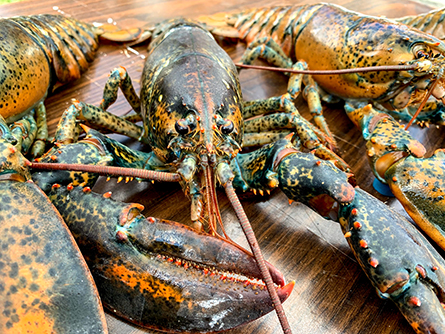
Could the genome of the American lobster provide clues about their healthy aging? Researchers at the Gloucester Marine Genomics Institute have recently published the first draft of the American lobster genome, which revealed surprising, first insights into the animal’s unique resilience mechanisms. Their work was published in the journal Science Advances.
The researchers found genes encoding for a novel class of proteins that combine both neuronal and immune-related functions. By coupling the neural and immune system, the lobster could fight off pathogens more efficiently.
The researchers also surveyed the lobster genome for genes involved in safeguarding the genome. These safeguards prevent genomic alterations and mutations, which is crucial for longevity and warding off cancer. The researchers found that the American lobster has an extended repertoire of genes encoding for proteins that silence certain regions of the genome. These regions need to be silenced to prevent potentially disease-causing mutations such as chromosomal rearrangements. By ensuring that these regions remain silenced, the American lobster safeguards its genome throughout its long life.
With the newly deciphered lobster genome as a starting point, future research will provide further insight into the healthy aging strategies of the American lobster. More than a mere delicacy, the humble lobster could teach us a lot about healthy aging.
This story originally appeared on Massive Science, an editorial partner site that publishes science stories by scientists. Subscribe to their newsletter to get even more science sent straight to you.
Enjoy reading ASBMB Today?
Become a member to receive the print edition four times a year and the digital edition monthly.
Learn moreGet the latest from ASBMB Today
Enter your email address, and we’ll send you a weekly email with recent articles, interviews and more.
Latest in Science
Science highlights or most popular articles

E-cigarettes drive irreversible lung damage via free radicals
E-cigarettes are often thought to be safer because they lack many of the carcinogens found in tobacco cigarettes. However, scientists recently found that exposure to e-cigarette vapor can cause severe, irreversible lung damage.
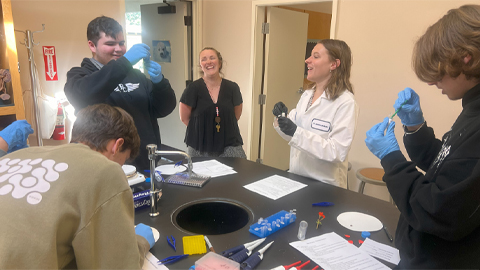
Using DNA barcodes to capture local biodiversity
Undergraduate at the University of California, Santa Barbara, leads citizen science initiative to engage the public in DNA barcoding to catalog local biodiversity, fostering community involvement in science.
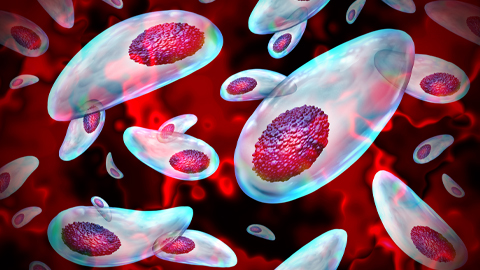
Targeting Toxoplasma parasites and their protein accomplices
Researchers identify that a Toxoplasma gondii enzyme drives parasite's survival. Read more about this recent study from the Journal of Lipid Research.
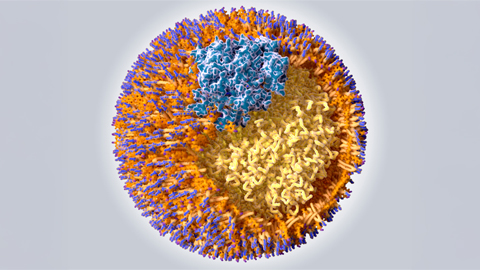
Scavenger protein receptor aids the transport of lipoproteins
Scientists elucidated how two major splice variants of scavenger receptors affect cellular localization in endothelial cells. Read more about this recent study from the Journal of Lipid Research.
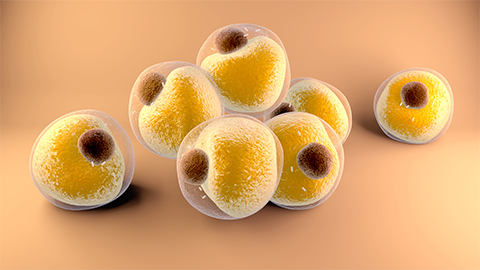
Fat cells are a culprit in osteoporosis
Scientists reveal that lipid transfer from bone marrow adipocytes to osteoblasts impairs bone formation by downregulating osteogenic proteins and inducing ferroptosis. Read more about this recent study from the Journal of Lipid Research.

Unraveling oncogenesis: What makes cancer tick?
Learn about the ASBMB 2025 symposium on oncogenic hubs: chromatin regulatory and transcriptional complexes in cancer.

